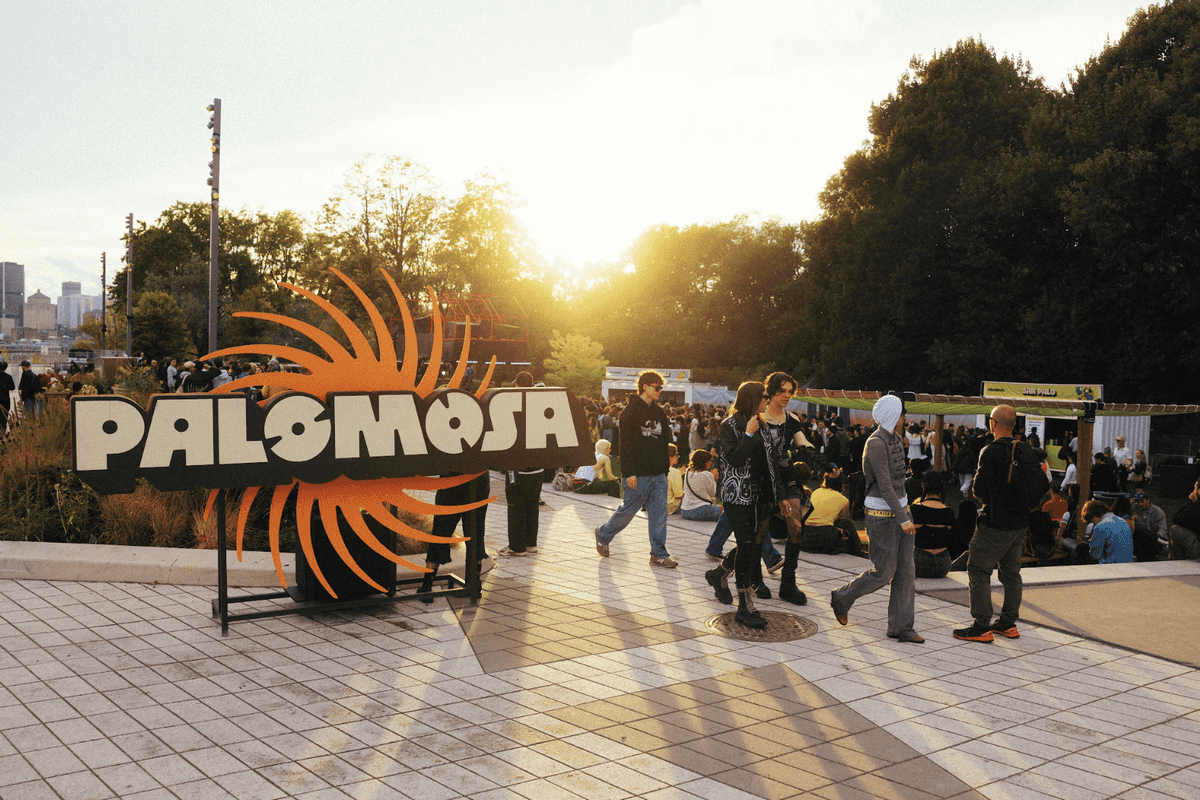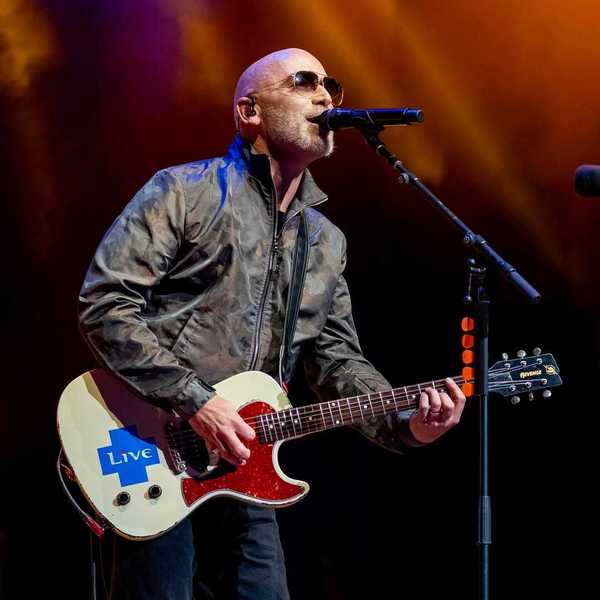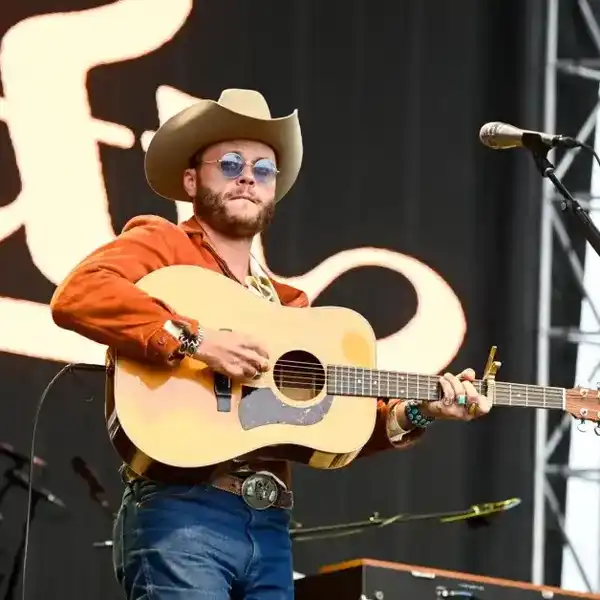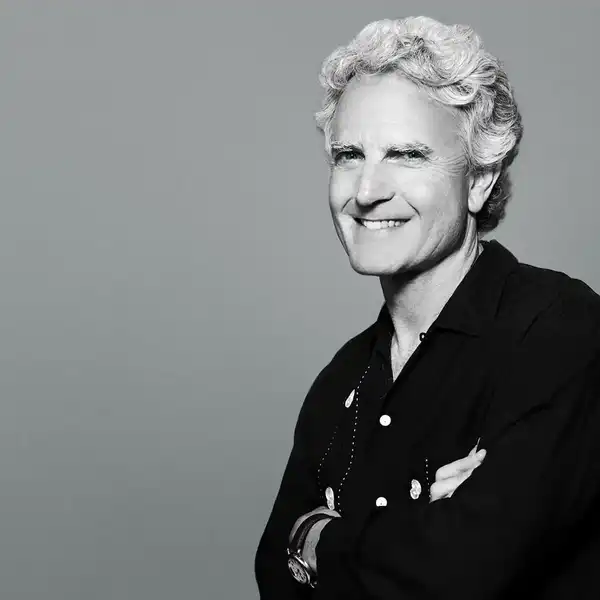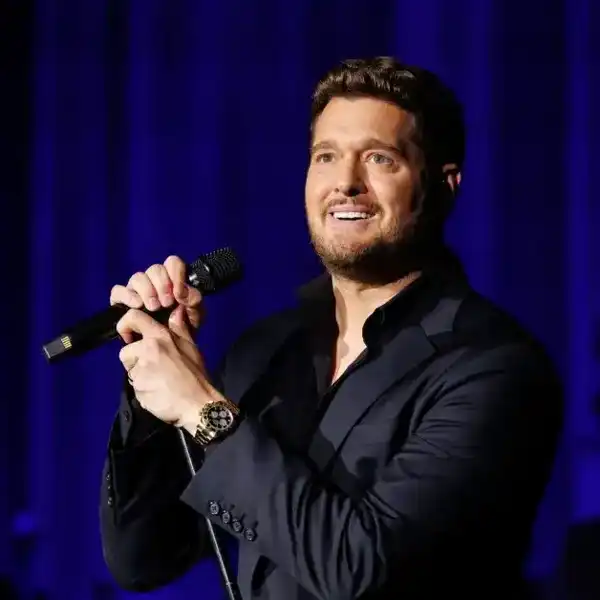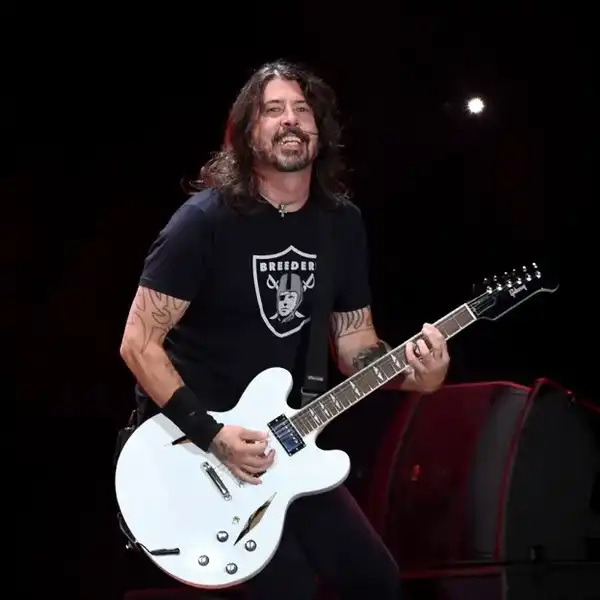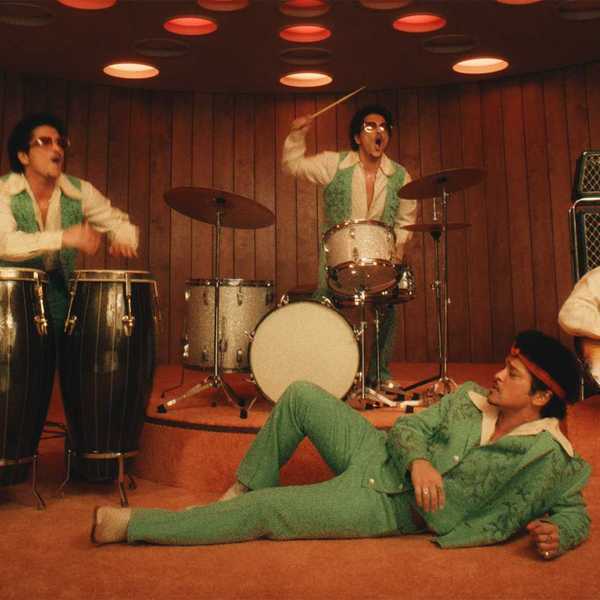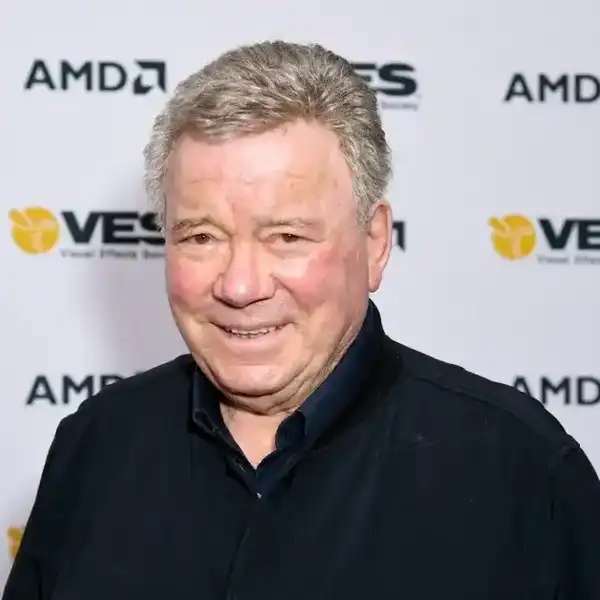From Paris to Montreal: Why French Rappers See Quebec As a Gateway to North America
With Montreal emerging as a crucial destination for French hip-hop artists, Billboard Canada speaks to industry insiders from both sides of the ocean to explore the phenomenon.
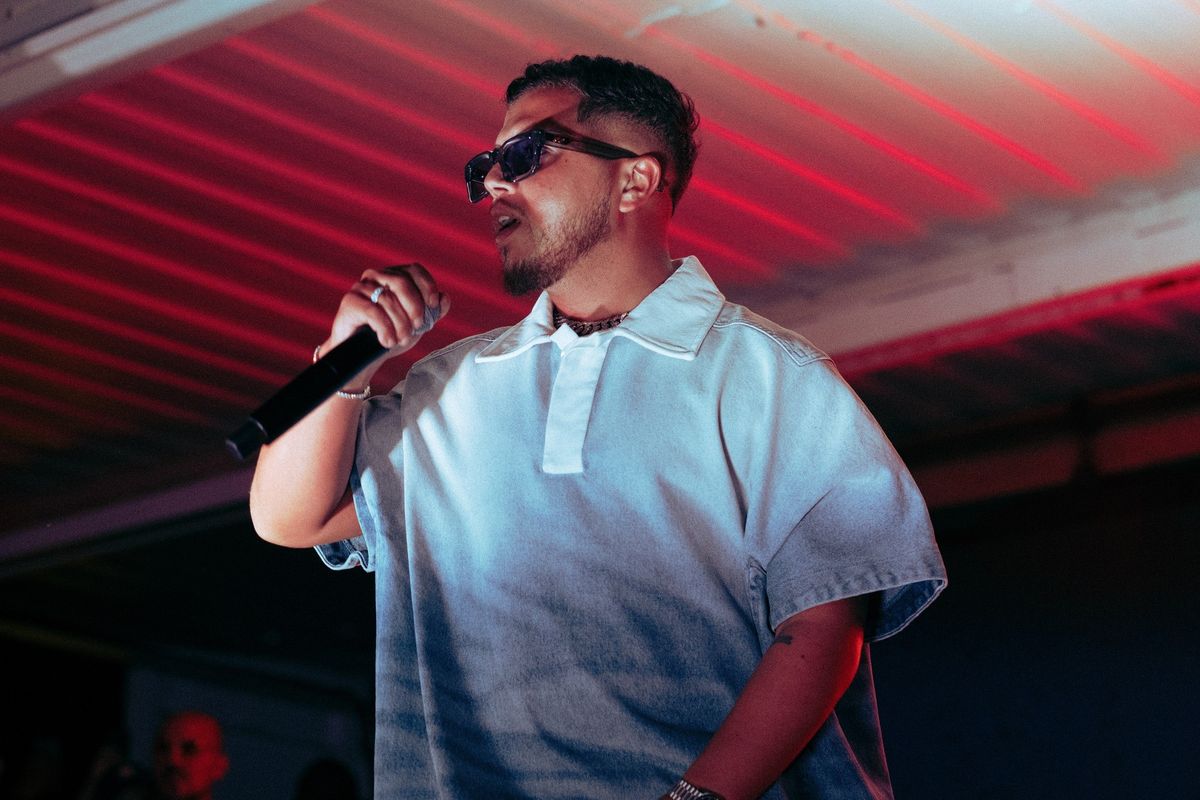
Belgian rapper Hamza performing at OfF Piknic as part of Piknic Électronik in Montreal on Friday, June 2, 2023.
Quebec’s French rap scene is gaining recognition on the international stage, and the exchange goes both ways.
Rappers from France are also turning their focus toward North America, viewing Quebec as a vital stepping stone to the United States. With its cultural richness and diverse influences, French rap has transformed into a global force, and many artists are now pushing beyond Europe’s borders. With hip-hop reigning as a dominant genre in the U.S., Quebec has become an ideal springboard for artists looking to extend their reach.
As producer and Cult Nation manager Hypno told Billboard Canada in November, there's a noticeable shift in the French rap fanbase.
"Montreal is home to so many talented artists making a name for themselves… and they already have strong potential in the French market. Fanbases are growing both in France and Montreal, and more and more artists will have the opportunity to be heard.”
Younger audiences are discovering niche music scenes in cities like Lyon, Bordeaux, Toulouse, and – increasingly – Montreal. French rap artists now view Montreal as a crucial stop on their international tours. Established names like Niska, Ninho, SCH, Hamza and Damso, as well as rising stars like Zamdane, RSKO and many more have already performed at major Montreal venues, highlighting the genre’s expanding footprint in North America.
Quebec, with its deep historical and linguistic ties to France, has long served as an entry point for French artists. The province’s vibrant hip-hop scene, bolstered by major festivals like Les Francos de Montréal and the Festival d’été de Québec, offers French rap artists an opportunity to reach a Francophone audience while also tapping into the larger North American market.
Despite the dominance of English in the global rap scene, artists like Aya Nakamura, Angèle, Booba and Stromae have proven that non-English music can resonate internationally.
While mainstream Quebec culture and radio still offer limited exposure to French rap, the city’s significance as a springboard for global recognition is becoming undeniable. Promoters like Evenko, Courage and Ricky D. Events have played a key role in bringing top French rap acts – both mainstream and underground – to smaller venues in Quebec, fueling growing demand.
For many French rappers, touring in North America isn’t just about expanding their fan base – it’s a chance to build credibility in the birthplace of hip-hop and connect with key industry figures. And Quebec is a key stepping stone.
Ugo Margolis, associate of French rapper 8ruki and co-director of the label 33 Recordz in Paris, says the appeal of touring in Quebec and North America goes beyond just selling tickets — it’s about both strategic audience expansion and building an artist’s brand on an international level.
"There’s a dual interest in touring internationally,” he says when I meet him at Paris Fashion Week in January 2025. “First, for French-speaking artists, performing abroad allows them to connect with Francophone audiences outside of France – just like playing in Belgium, Switzerland, the Congo, Morocco or Senegal. It’s a way to reach as many Francophone listeners as possible, similar to how American artists expand into markets like Nigeria, the U.K., and Germany."
Since beginning his collaboration with Margolis in 2018, 8ruki has made a name for himself with his versatile style, blending underground rap subgenres like plug, DMV, and melodic rap. Through collaborations with artists such as Rowjay, FREAKEY!, Mister V and thaHOMEY, he has steadily built his presence in the scene.
Margolis has been instrumental in guiding this expansion, positioning 8ruki as part of a broader push to establish French rap on the international stage. A prime example of this international outreach was 8ruki's performance at the Francos festival in Montreal during the summer of 2024, further solidifying his global presence and connecting with a wider audience.
Margolis emphasizes the importance of building an international brand, even if the venues artists play are typically smaller than those in France.
"There’s a branding aspect,” he says. “Playing overseas, especially in North America, signals that an artist is bigger than just the French market. Even if a show in Montreal is in a smaller venue, the perception back home is that the artist is making major international moves."
He points to Belgian rapper Hamza, whose early career tour across Paris, Berlin, Amsterdam, and London included some very small venues, yet left a lasting impression on fans. "Even if the audience was mostly diaspora, it worked for his image," he continues.
However, Margolis notes that connecting with Quebec audiences is not always easy, as they need to feel a direct link to the artist to make a lasting impact.
"Truly winning over the Quebec audience is a challenge. If an artist doesn’t make a strong local connection, Montreal and Quebec won’t necessarily embrace them. But playing in Canada still holds weight — it’s an international tour, and that alone boosts an artist’s reputation."
Margolis sees Quebec as a first step toward larger North American recognition.
"I do think this push is part of a bigger ambition to go global. It plays into the idea of the ‘American dream’ — expanding beyond France, doing international dates, and proving you can exist on a global stage, even without becoming a star in Quebec itself."
Margolis acknowledges that language remains a significant barrier when it comes to breaking into the U.S. market, especially for those who are not familiar with French rap. But he also notes that the music itself can be a unifying factor, bridging the gap between cultures.
"Francophone audiences are used to listening to English or Spanish music without understanding the lyrics, but I’m not sure American listeners — who mainly consume English content — would do the same for French rap. Unlike Spanish, French isn’t a global language in the same way."
Ugo Margolis emphasizes that many French artists are deeply familiar with U.S. rap styles, particularly in terms of production, flows and overall sound, which allows them to connect with American audiences.
“OsamaSon is a great example. He has recently made a strong impression, he's very trendy at the moment, and embodies a new wave in underground hip-hop," he explains. "I believe that when an artist creates something similar elsewhere, with underground sounds, they could easily reach OsamaSon's niche audience. The production style alone would be enough to overcome the language barrier.”
He also points to Brodinski, who transitioned from electronic music to hip-hop after spending time in Atlanta and New York and building connections with artists like Lil Baby.
This trend is becoming increasingly evident, as many French artists are drawing inspiration from U.S. rap culture. Take Zola, for example. His sound clearly reflects American influences. While he raps in French, his style is more aligned with U.S. rap than traditional French hip-hop, blending the aesthetics and sounds of American subgenres into his unique approach.
In 2024, Zola collaborated with U.S. rapper Lil Tjay on “Everyday,” a track that demonstrates their similar flows and vibes. They’ve also teased another collaboration, “Backdoor Season,” with a short video of the two rappers hanging out together.
In the end, Margolis says, music transcends language barriers. "Music can build bridges where language falls short,".
Adding to this perspective, Paris-based manager Jeremy Taltaud (aka Jey), president of the label Garçon joueur, a subsidiary of the jNsas agency and manager of the versatile DJ Urumi, also recognizes Quebec’s crucial role in helping French artists expand their reach internationally.
"There are several reasons that push French artists and their teams to focus on Montreal and, more generally, the Canadian market," he shares. "For me, they’re hard to define because there’s a lot of sentiment involved. There’s a mix of adventure, recognition, novelty and pride.”
Taltaud continues by highlighting the ‘ping-pong effect’ that occurs when French artists perform in Canada.
"French audiences think their favourite artist is touring the world, and it adds legitimacy to listening to them,” he says. “From the artist’s perspective, it boosts their ego to know they’re being listened to across the Atlantic. It quickly opens up new opportunities because you’re in a country where nearly 10 million 'kainri' [Americans] can understand your songs. Add to that an entertainment culture that allows you to go all out, and you quickly start thinking about producing something grand."
He further notes that Canada offers a fertile ground for not only rappers but also DJ-producers.
"Many DJ-producers have had remarkable international careers thanks to Canada. They’ve had the chance to perform in this North American country, and the talent was there. The initial audience grew, and thanks to the bilingual nature, it spread. Montreal, Toronto, and then boom — Boston, NYC..."
For Taltaud, it's clear. Even if it’s a launchpad to the U.S., playing in Canada is an important goal.
On the Quebec side, Marie Lebrun, talent buyer at Courage / Multicolore, has witnessed the growth of French and Francophone rap firsthand.
"In Montreal, we’re seeing a strong interest from the public for French and European Francophone rap — French, Belgian, Swiss," she explains. "Rap is the number one genre in France today and is deeply embedded in pop culture. Montreal, being the largest Francophone city in America, plays a major role in spreading the rap genre and influencing the broader Francophone world.”
According to Lebrun, the genre speaks to both the Quebec Francophone population and many Francophone diasporas.
"It connects with immigrants and second- or third-generation people from France, Belgium, North Africa, the Middle East, Sub-Saharan Africa and the Caribbean, among others."
This wide-reaching appeal makes rap an inclusive genre that resonates across generations, whether they grew up with the golden age of French rap in the '90s and 2000s, or with newer sounds. She says she saw it in the generation mix in the audience when she booked the artist IAM at OfF Piknic as part of Piknic Électronik last summer in Montreal.
This symbiotic relationship is also reflected in the growing number of collaborations between Quebec and French artists.
"There are many collaborations between Quebec and French artists, particularly among the beatmakers,” says Lebrun. “Many Quebecois producers work with French rappers, creating interesting dynamics between the two territories that lead to opportunities for shows, studio sessions and more."
Lebrun also highlights the role of festivals in showcasing a diverse range of artists. In this way, Montreal is increasingly recognized not just as a cultural outpost, but as a key player in the global Francophone rap scene, connecting local audiences to broader international aspirations.
"Undeniably, Canada is a place every French artist dreams of performing in", says Taltaud.
This article is also available in French.
- How Montreal Producer FREAKEY! Collaborates With Artists Across The World ›
- Montreal's New Wave of French Rap Could Be a Gateway to the Global Stage ›
- Francos de Montréal 2025 Highlights: One Language, A Thousand Faces | Billboard Canada ›
- Hundreds Gather in Montreal as Damso Records New Album 'BYH2' Live | Billboard Canada ›
- Des centaines de fans se rassemblent à Montréal pour l'enregistrement du nouvel album de Damso, « BYH2 » | Billboard Canada ›
- Belgian Hip Hop Star Damso Releases 'MTL': A Tribute to Montreal | Billboard Canada ›
- La star du hip-hop Damso sort « MTL » : un hommage à Montréal | Billboard Canada ›

